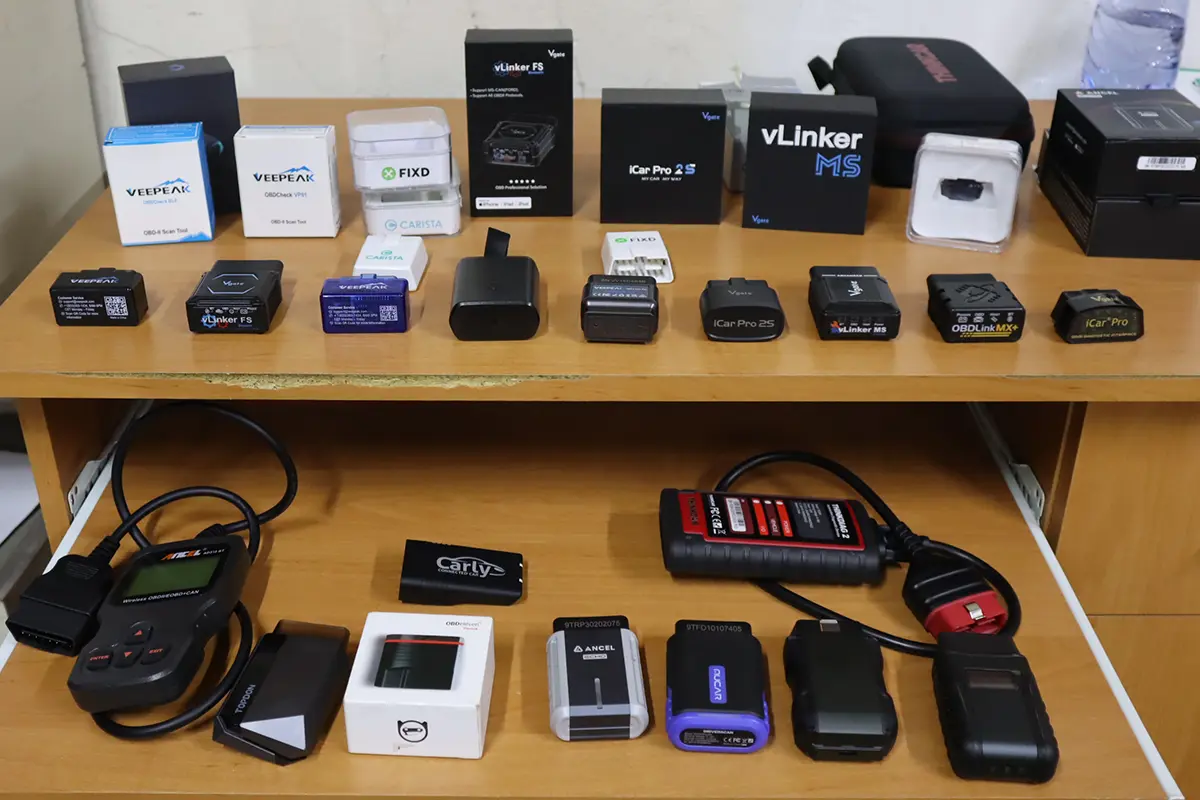The P0990: Transmission Fluid Pressure Sensor/Switch ‘E’ Circuit High refers to an issue where the transmission fluid pressure sensor/switch ‘E’ circuit is receiving higher than expected voltage. This can result in inaccurate pressure readings and lead to transmission performance problems.
P0990 – Quick Overview
| Code | Information |
|---|---|
| Meaning | P0990: Transmission Fluid Pressure Sensor/Switch ‘E’ Circuit High |
| Is it serious? | Yes, as high voltage can cause improper transmission fluid pressure regulation, affecting shifting and transmission performance. |
| Possible causes | – High voltage in the transmission fluid pressure sensor/switch ‘E’ circuit – Faulty transmission fluid pressure sensor/switch ‘E’ – Wiring or connector issues |
| How to diagnose? | – Check the circuit for high voltage – Inspect wiring and connectors – Replace the transmission fluid pressure sensor/switch ‘E’ if necessary |
P0990 Meaning
The P0990: Transmission Fluid Pressure Sensor/Switch ‘E’ Circuit High code indicates that the voltage in the transmission fluid pressure sensor/switch ‘E’ circuit is higher than expected. This can cause inaccurate pressure readings, which may result in poor shifting, transmission slipping, or other transmission performance issues.
Step-by-step diagnostic guide
| Action | Description | Tools Needed |
|---|---|---|
| Check for Other Codes | Use an OBD-II scanner to check for additional fault codes that may provide more context on the high voltage issue. | OBD-II Scanner |
| Test for High Voltage | Use a multimeter to check the voltage in the transmission fluid pressure sensor/switch ‘E’ circuit. Compare the voltage readings with manufacturer specifications to determine if the voltage is too high. | Multimeter |
| Inspect Wiring and Connectors | Inspect the wiring and connectors for damage, corrosion, or loose connections that could be causing high voltage in the sensor circuit. | Flashlight, Multimeter |
| Test the Sensor | Use a diagnostic tool to test the transmission fluid pressure sensor/switch ‘E’. Replace the sensor if it is malfunctioning or receiving excessive voltage. | Diagnostic Tool, Replacement Sensor |
| Clear the Code and Test Drive | After making repairs, clear the code using an OBD-II scanner and take the vehicle for a test drive to ensure the issue is resolved. | OBD-II Scanner, Vehicle Owner’s Manual |
| Recheck for Codes | Re-scan the system to ensure the P0990 code does not reappear after the test drive. | OBD-II Scanner |

OBD-II scanner Buyer’s Guide
- Scanner features explained
- Different types of scanners
- Scanners for coding/odometer/ECU/checks
- Best picks + discount codes
I test OBD-II scanners and make DIY Engine diagnostics guides to help you solve your car problems without having to depend on the mechanic. A lot of them will try to scam you or are just no help at all. About Juraj Lukacko